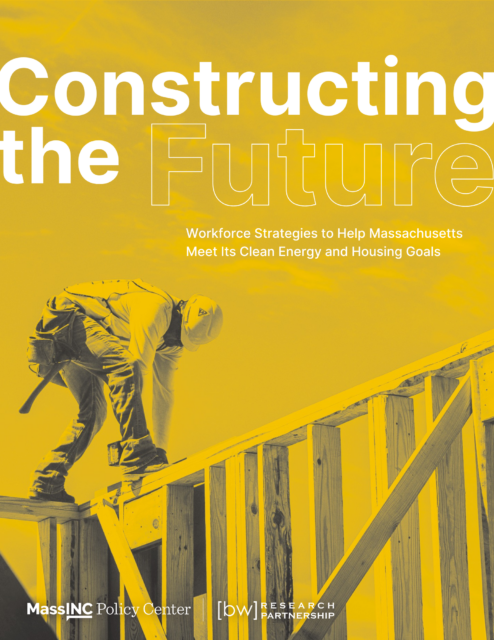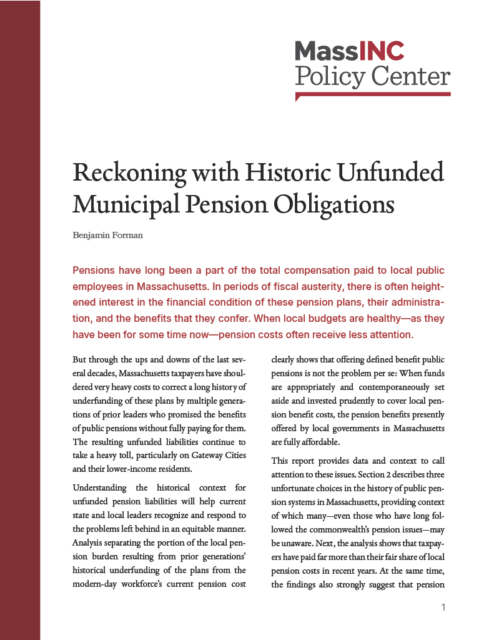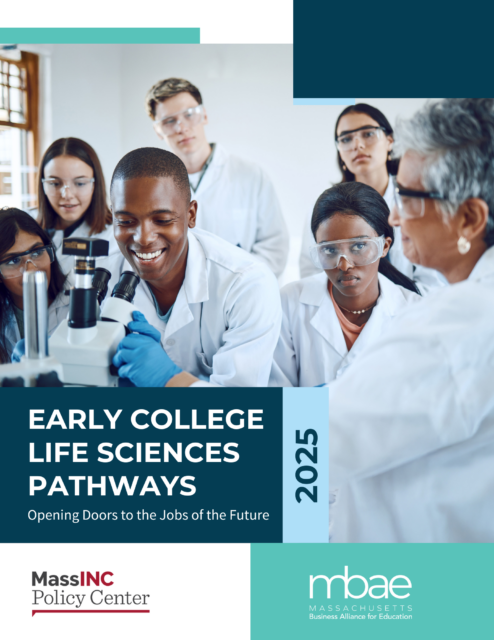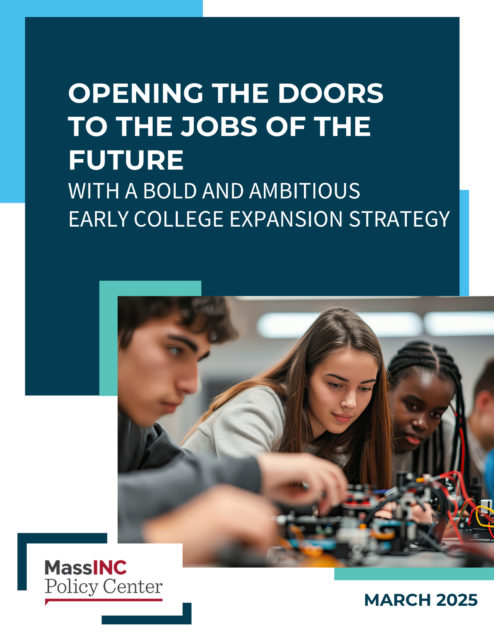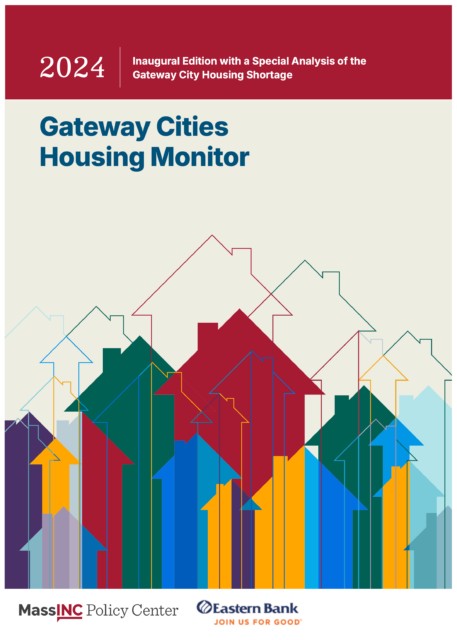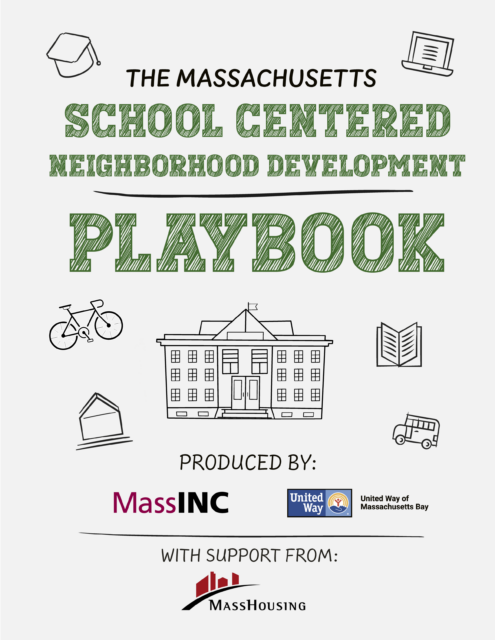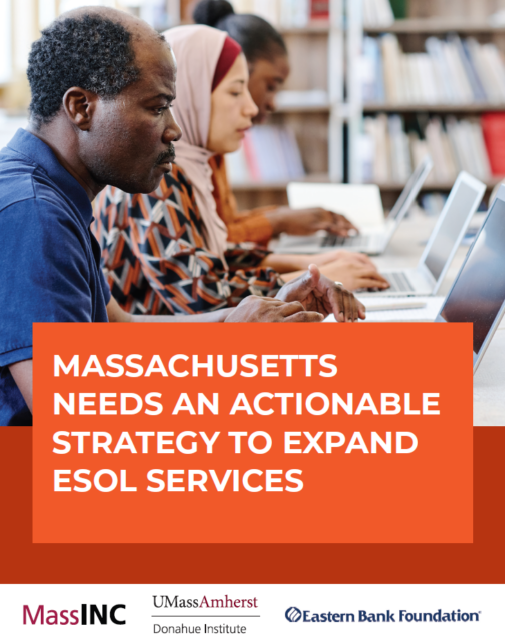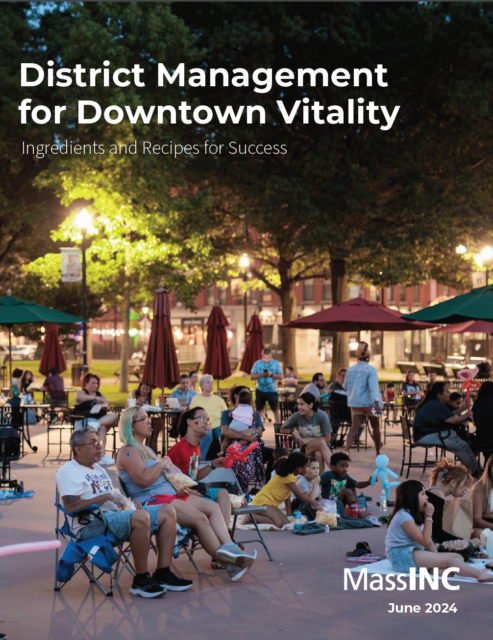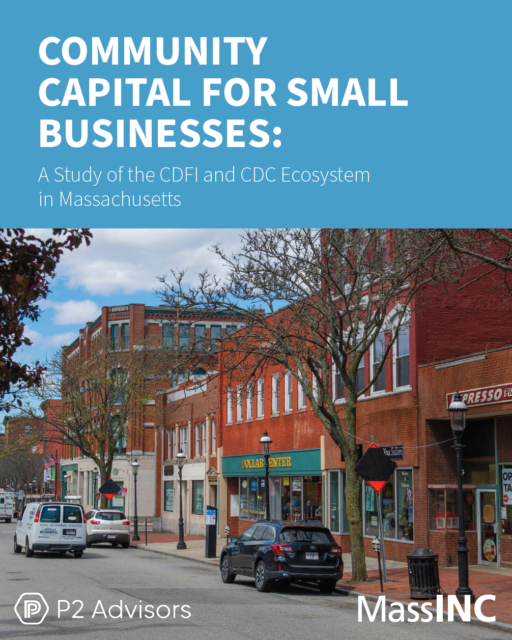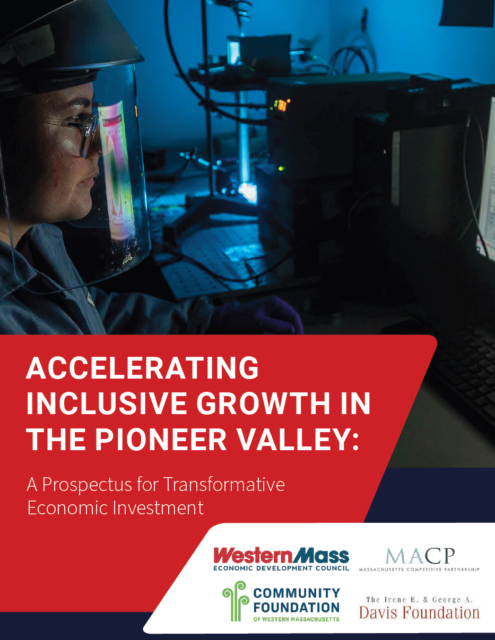Research
Browse research releases from the MassINC Policy Center.
Explore Topics
-
Constructing the Future: Strategies to Help Massachusetts Meet Its Clean Energy and Housing Goals
June 17, 2025
- Construction output has declined in recent years. Prompt action to stimulate demand is necessary to sustain this critical workforce and preserve long-term industry capacity.
- Assuming continued economic growth, scaling up the training system to meet workforce needs for housing and clean energy should be an attainable goal.
- Recent progress in racial, ethnic, and gender diversity presents an opportunity to expand the industry’s future labor pool.
- Reducing construction costs while maintaining competitive, family-sustaining wages will require meaningful gains in productivity.
-
Reckoning with Historic Unfunded Municipal Pension Obligations
This report examines the historical decisions that contributed to these unfunded liabilities and highlights how current taxpayers are paying more than their fair share.
March 25, 2025
- As of 2023, recent generations of Massachusetts taxpayers paid an estimated $22 billion more than their fair share to cover local pension obligations left by prior generations, yet these local plans still have an estimated $8 billion in unfunded liabilities.
- Current taxpayers face additional costs because most of the pension funds are managed by local boards that have underperformed the state pension fund by more than $5.4 billion since the 1980s.
- Geographic disparities associated with uneven changes in population since the late 1970s have exacerbated this burden for residents of some communities, including many Gateway Cities.
- This pattern means lower-income residents and people of color shoulder an inequitable share of legacy pension costs. Since the 1980s, Gateway City residents have paid billions more than their own generation’s fair share to cover local pension costs, with more than $5 billion in appropriations made for legacy pension costs since 2010.
-
Early College Life Sciences Pathways
Expanding Early College access and strengthening career-connected learning are critical to ensuring Massachusetts maintains a competitive, skilled workforce. This report outlines four key objectives to guide an expansion strategy that state leaders are currently developing.
March 3, 2025
- Early college is Massachusetts’ most systemic and impactful effort to increase college access and success. Marrying this educational equity strategy with industry-led efforts to grow the life sciences workforce will deliver stronger results on both fronts.
- Building robust Early College life sciences pathways is a difficult and complex undertaking that requires strong industry involvement. At present, the industry has very little awareness of the state’s Early College strategy, and there has been no formal effort to engage the sector in the state’s ambitious Early College initiative.
- With the Massachusetts Early College Initiative conducting its first strategic plan and the state’s Life Sciences 3.0 economic development package signed into law, the coming months will be decisive. The actions leaders take to enable the growth of Early College life sciences pathways will heavily influence the ability of Massachusetts students to participate fully in this cutting-edge industry for years to come.
-
Opening the Doors to the Jobs of the Future
Expanding Early College access and strengthening career-connected learning are critical to ensuring Massachusetts maintains a competitive, skilled workforce, and this report outlines four key objectives to guide the state’s expansion strategy.
March 3, 2025
- Massachusetts must significantly expand Early College programs to reach more low-income students, as current enrollment remains too limited to make a substantial impact. The state should prioritize high-potential high schools and utilize hybrid or online learning models to ensure accessibility, particularly for students in rural areas.
- Current Early College programs lack structured connections to high-demand industries like health and STEM. A more robust program should integrate specialized advising, career development experiences, and credit accumulation targets, while also aligning Early College with Innovation and Career Pathway (ICP) programs.
- Expanding Early College to middle-income students can create more diverse learning environments, strengthen urban schools, and support high school redesign in smaller districts. Targeted strategies include regional partnerships, urban magnet schools, and enrollment goals that promote integration in Boston and the Gateway Cities.
- Sustainable Early College expansion will require clear governance structures, accountability measures, and administrative capacity. Some necessary policy changes will need to be addressed through board decisions, legislation, and budget appropriations.
-
2024 Gateway Cities Housing Monitor
To recover from an affordable housing crisis that has been decades in the making, Massachusetts needs Gateway City housing markets to produce new homes in line with increasing demand.
November 14, 2024
- Over the next ten years, Gateway Cities should aim for the creation of 83,000 additional housing units.
- Meeting the housing production goal requires doubling the pace of housing production compared to the previous 10 years.
- Increasing housing production will require robust state and local partnerships to overcome financial and regulatory barriers.
-
The Massachusetts School Centered Neighborhood Development Playbook
Neighborhood vitality and public school performance are closely linked, yet education improvement efforts are generally siloed from planning, housing, and community development.
October 9, 2024
- Growing education reform movements and an influx of housing resources provide a window to embrace coordinated planning efforts at the neighborhood level
- The funding of backbone organizations and the implementation of the Community School model are both effective ways to work across silos and create mixed-income neighborhoods and schools
-
Massachusetts Needs an Actionable Strategy to Expand ESOL Services
Adults with limited English skills comprise one-tenth of the commonwealth’s workforce. This makes English for Speakers of Other Language (ESOL) services key to the Massachusetts economy.
July 24, 2024
- State and federal funding for ESOL services isn’t keeping pace in MA.
- There are just 5.4 vocational ESOL opportunities per 1,000 work-age LEP adults in MA, a third of the state’s capacity to provide ESOL instruction.
- Increasing English proficiency among working-age LEP adults in MA would generate $3 billion in additional annual earnings.
-
District Management for Downtown Vitality
Commercial districts need a high volume of foot traffic to support thriving small businesses. Supplemental district management services can dramatically increase this pedestrian activity.
June 27, 2024
- District management organizations (DMOs) encourage thriving local commercial districts for small businesses to flourish.
- DMOs require an annual operating budget of between $200,000 – $700,000 depending on the district size. Increased state funding could ease the operating gap DMOs typically face.
- Between now and 2030, cohorts of 5 large DMOs could be supported each year starting at $500,000 and peaking at $5.5 million annually. These DMOs could general $13 million annually for local revitalization.
-
Community Capital for Small Businesses
A Study of the CDFI and CDC Ecosystem in Massachusetts
June 27, 2024
- Community development finance institutions (CDFIs) disproportionately serve the smallest and youngest businesses and those owned by underrepresented groups.
- Only 23% of CDFIs provide financing to small businesses. Most funding from CDFIs and community development corporations (CDCs) goes to the real estate sector.
- 32 states have CDFI funding programs, providing a model for how MA could establish stable and sustainable lending opportunities for small businesses.
-
Accelerating Inclusive Growth in the Pioneer Valley
A Prospectus for Transformative Economic Investment
March 13, 2024
- The Pioneer Valley faces economic challenges including a lack of growing industry clusters and underperforming research and development
- Strong assets in the sectors of food science, advanced materials, and clean energy provide an opportunity for state investments to leverage these assets
